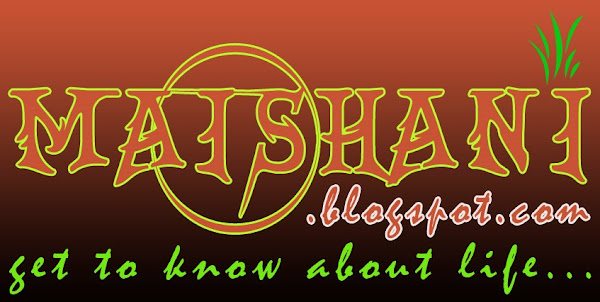Kiongozi wa mashtaka mwandamizi wa mahakama hiyo Louise Moreno Ocampo amemlaumu Bashir kwa kuhusika katika kuchochea mauaji ya makabila matatu mjini Darfur kusini mwa Sudan.

















ZANGABAD, Afghanistan — American commanders are planning to cut off the Taliban’s main source of money, the country’s multimillion-dollar opium crop, by pouring thousands of troops into the three provinces that bankroll much of the group’s operations.
 The plan to send 20,000 Marines and soldiers into Helmand, Kandahar and Zabul Provinces this summer promises weeks and perhaps months of heavy fighting, since American officers expect the Taliban to vigorously defend what makes up the economic engine for the insurgency.
The plan to send 20,000 Marines and soldiers into Helmand, Kandahar and Zabul Provinces this summer promises weeks and perhaps months of heavy fighting, since American officers expect the Taliban to vigorously defend what makes up the economic engine for the insurgency. Through extortion and taxation, the Taliban are believed to reap as much as $300 million a year from Afghanistan’s opium trade, which now makes up 90 percent of the world’s total. That is enough, the Americans say, to sustain all of the Taliban’s military operations in southern Afghanistan for an entire year.
Through extortion and taxation, the Taliban are believed to reap as much as $300 million a year from Afghanistan’s opium trade, which now makes up 90 percent of the world’s total. That is enough, the Americans say, to sustain all of the Taliban’s military operations in southern Afghanistan for an entire year. Many of the new American soldiers will fan out along southern Afghanistan’s largely unguarded 550-mile-long border with Pakistan. Among them will be soldiers deployed in the Stryker, a relatively quick, nimble armored vehicle that can roam across the vast areas that span the frontier.
Many of the new American soldiers will fan out along southern Afghanistan’s largely unguarded 550-mile-long border with Pakistan. Among them will be soldiers deployed in the Stryker, a relatively quick, nimble armored vehicle that can roam across the vast areas that span the frontier.






 An estimated 5,000 protestors march through Oakland to protest the possibility of a potential U.S.-Iraq conflict.
An estimated 5,000 protestors march through Oakland to protest the possibility of a potential U.S.-Iraq conflict. Dozens of people block Fifth Avenue at Craig with a "Die-In," a human representation of the potential casualties in a U.S.-Iraq war. The Regional Convergence Against the War drew several thousand people to Oakland in sub-freezing weather to protest against a possible U.S.-Iraq conflict -- the largest anti-war crowd in Pittsburgh since the Vietnam War.
Dozens of people block Fifth Avenue at Craig with a "Die-In," a human representation of the potential casualties in a U.S.-Iraq war. The Regional Convergence Against the War drew several thousand people to Oakland in sub-freezing weather to protest against a possible U.S.-Iraq conflict -- the largest anti-war crowd in Pittsburgh since the Vietnam War. Ahmed Abdelwahab, of Forest Hills, right, questioned why U.S. policy failures in Iraq aren't at the forefront of the national agenda.
Ahmed Abdelwahab, of Forest Hills, right, questioned why U.S. policy failures in Iraq aren't at the forefront of the national agenda.Marchers' message: Give peace a chance
Sunday, January 26, 2003
Catholic priests walked next to communists. Housewives and attorneys mixed
with World War II veterans and full-time peace activists. Grey-haired
grandmothers and teenagers with body piercings chanted anti-war slogans
side by side.
And they all marched together down Carson Street yesterday afternoon to
the beat of anarchist drums, collecting pink balloons from gay-rights
groups in a colorful and peaceful display of opposition to a potential
war with Iraq.
The only hint of trouble came after the official event, when about
70 people, mostly anarchists costumed as "Steelers fans for peace,"
returned to Station Square by marching down one side of Carson Street,
blocking traffic. They refused to move to the sidewalk despite repeated
requests from mounted police, but no one was arrested.
The crowd was notable not only for its diversity, but for its size. The
Post-Gazette counted about 1,300 people passing Carson Street at 22nd
 Street.
Street.Police estimated the crowd at 1,500 to 2,000, and organizers put the crowd
size as high as 5,000. By any count, the march was likely Pittsburgh's
largest anti-war protest in 30 years, although non-political events,


No comments:
Post a Comment